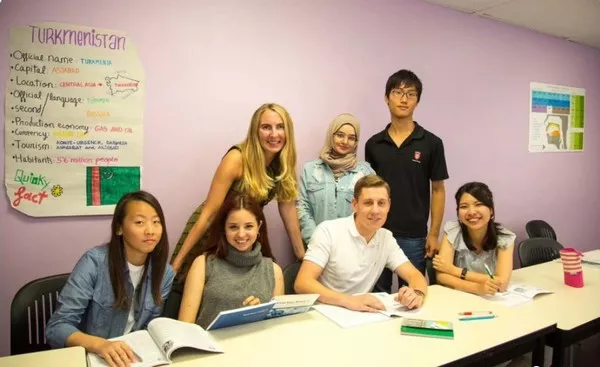In a significant cultural shift, younger couples are increasingly embracing marital therapy as a proactive measure rather than a last resort. Data from the American Association for Marriage and Family Therapy shows a 40% increase in couples under 35 seeking therapy since 2020. This trend reflects a broader generational change in attitudes toward mental health and relationship maintenance.
Historically, marital therapy was stigmatized, often viewed as a sign of failure. However, millennials and Gen Z couples are normalizing therapy as a tool for growth and conflict resolution. Many cite early exposure to mental health discussions through social media and popular culture as factors in their openness to professional help. Couples are now attending therapy not only to address crises but also to strengthen communication, set shared goals, and navigate life transitions like parenthood or career changes.
Therapists have observed that younger couples are more likely to approach sessions with a collaborative mindset, focusing on mutual improvement rather than blame. This contrasts with older generations, who often sought therapy only after prolonged conflict. The shift is also driven by the increasing availability of teletherapy, which offers convenience and accessibility for busy couples.
Despite this progress, challenges remain. The cost of therapy remains a barrier for many, and insurance coverage for marital counseling is inconsistent. Advocates are pushing for broader mental health care reforms to make therapy more affordable. Additionally, cultural differences in attitudes toward therapy persist, with some communities still hesitant to seek external help for marital issues.
Experts believe this trend will continue growing as younger generations prioritize emotional well-being in their relationships. By destigmatizing marital therapy, couples are investing in long-term relational health, potentially reducing divorce rates and improving overall marital satisfaction.

















